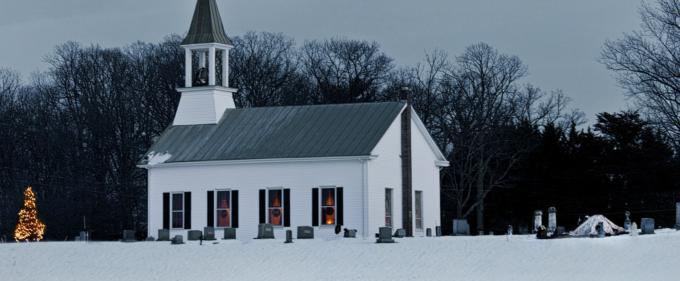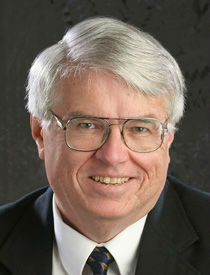
Culture
This January, it will be four years since my wife, Monica, died of uterine cancer. It's not an exaggeration to say I still think about her every day. I assume I always will, and that pleases me.

Dodds
I was startled a few weeks ago when familiar feelings of grief surfaced. It was evening, mid-October, and there was a sadness I hadn't felt for a while.
The same thing happened the next night.
This January, it will be four years since my wife, Monica, died of uterine cancer. It's not an exaggeration to say I still think about her every day. I assume I always will, and that pleases me.
And like a lot of widows and widowers, I talk to my spouse every day, too. Sometimes silently. Sometimes aloud. I share a memory, tease her a little, ask for her help or thank her for supplying that help.
It's good to have friends in "high places."
It's bad because they aren't here the same way they used to be.
A few days after my evenings of sorrow, my daughter mentioned that she had been feeling sad lately. "Missing Mom."
What popped into my head was "Oh, good. Me, too." Not that it was good she was sad but, somehow, I wasn't alone in this. Or off-base in some way.
It helps to hear that.
Then she added: "Stupid Halloween."
Of course! I told her I had been feeling the same way but didn't know why. Yes, I knew the "big" why but not the "why now?" why.
It was because Halloween kicks off two and a half months of tough going.
Not as tough as the first holiday season after Monica's death. And the second was a little easier. The third easier still.
But Halloween through mid-January -- anniversaries of Monica's death and funeral -- are more difficult than the rest of the year. It seems a part of me, a part of my brain, starts experiencing that or acknowledging it before another part is aware of why that's going on. It's a strange thing. Not unfamiliar now, but strange.
I don't think I'm alone in that. I wouldn't be surprised to hear other widows or widowers say the same thing happens with them. Fortunately, I can ask some.
I started going to a spousal-loss support group about three months after Monica died. Run by a social worker, it was a tremendous help. Once a week, and then once a month, I sat at a table with about a dozen other men and women who were new to widowhood -- who hated the term "widowhood," who were overwhelmed, just as I was.
Eventually, we "graduated" in the sense that the grief wasn't as raw as it had been during those first months, over that first year. After a second year, the group began meeting on its own at a monthly potluck.
It's always good to see them and I know they're glad to see me, and not just because I bring (store-bought) chocolate cheesecake.
The other day I came across and article on grief I wrote in 2013. In it, I said:
"If you're grieving the loss of a loved one this Christmas, you may find yourself thinking this isn't how your life was 'supposed to be.' How you thought and prayed it would be.
But it is.
And there's no changing that.
If you're grieving the loss of a loved one this Christmas, I say to you what I've been saying to myself: Be gentle with yourself. Be patient with yourself. Be kind to yourself.
Do what you want to do and can do when it comes to this holiday and holy day. Accept the fact that perhaps, this year, you can't do what you want to do or think you 'should' do. Not now. Not yet.
And that's OK."
It's advice I'll do my best to follow this year.
- Bill Dodds is a columnist with the Catholic News Service.
Recent articles in the Culture & Events section
-
Scripture Reflection for May 11, 2025, Fourth Sunday of EasterDeacon Greg Kandra
-
Our heart of darknessGreg Erlandson
-
Pope Francis and the persistent habit of 'maybe'Russell Shaw
-
Laying odds on papabili, and our vulgar churchElizabeth Scalia
-
Mourning Pope Francis: A Jewish meditation on his legacyMenachem Z. Rosensaft























